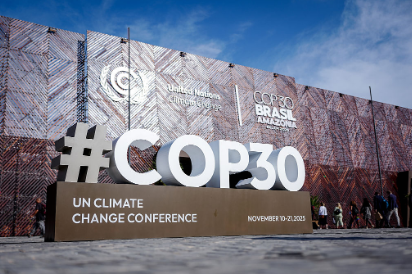
COP30, held in Belém from November 10 to 21, 2025, ended with a mix of practical gains and uncomfortable gaps that many countries, especially in the Global South, will feel for years. Delegates agreed on new steps to strengthen adaptation planning, a political push to triple adaptation finance by 2035, and a new mechanism to guide workers and communities through the shift away from fossil fuels. Yet the talks failed to produce the one decision most expected: a binding path to move the world off coal, oil, and gas. Instead, negotiators left with voluntary roadmaps, delayed finance targets, and softened language on forests and climate science. For nations facing rising costs of climate damage and limited resources to respond, the outcome offered some help, but not enough certainty.
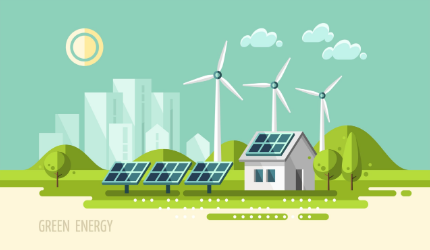
India stands at a pivotal juncture in its development journey — wresting the twin imperatives of rapid economic growth and deepening climate action into a coherent pathway. As the world’s third‑largest emitter of greenhouse gases, the country must reconcile a legacy of under‑development and pressing energy needs with a transition toward a sustainable, low‑carbon future. At the heart of this endeavour is the notion of climate justice — the principle that those who are least responsible for climate change should not bear its worst consequences, and that development must not be sacrificed in the name of decarbonisation.
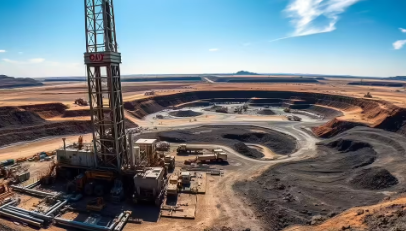
In a remarkable stride towards tackling climate change, Indian scientists have successfully drilled the country’s first carbon dioxide (CO₂) injection well in Bhopal. This pioneering initiative marks a significant milestone in India’s journey toward sustainable industrial practices and environmental stewardship. It is not just a scientific achievement—it is a beacon of inspiration for students and young innovators keen on exploring solutions to one of the most pressing challenges of our time.
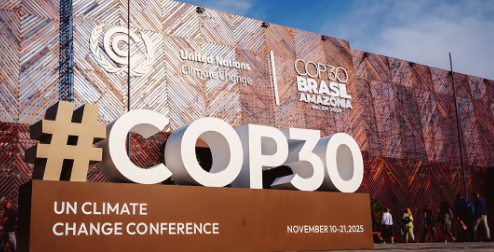
When the world gathers in Belém, Brazil, for COP30 later this month, we are at a pivotal juncture. It has been ten years since the Paris Agreement entered into force, yet the progress on the two most important fronts — reducing emissions and protecting vulnerable people from the increasingly harsh consequences of climate change — remains deeply uneven. The critical question now is not just what we aim for (targets, ambition) but who we prioritise and how we deliver.
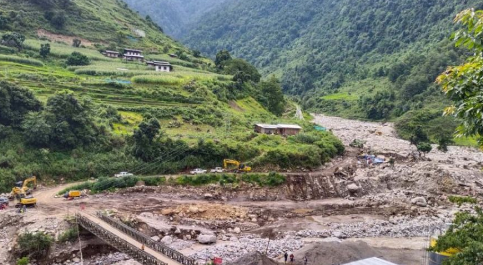
Bhutan, a small landlocked country, is the only carbon negative country in the world. The forests cover 70% of its territory and most of its population lives in rural areas. Its constitution require the country to maintain at least 60% forest cover at all times. These forests not only provide clean air and water but also absorb more carbon than the country emits.

When the Government of India launched the National Green Hydrogen Mission in 2022, it had set its eyes on ambitious goals, including making India a leading producer and supplier of green hydrogen globally, having a production capacity of at least 5 MMT (Million Metric Tonne) per annum by 2030. A corollary goal has been to reduce about 50 MMT of annual greenhouse gas emissions by 2030. Reducing fossil fuel imports, attracting investments, and creating green jobs have been other objectives of the mission.

Bhubaneswar, Odisha’s capital, has emerged as a beacon of sustainable urban transport in India, setting a benchmark for public mobility systems. The Capital Region Urban Transport (CRUT), the backbone of Bhubaneswar’s transit system, has transformed urban commuting through Mo Bus and Mo E-Ride services.

On the opening day of the 29th Conference of Parties to the UN Framework Convention on Climate Change (UNFCCC) or COP29, the Executive Secretary of UN Climate Change Simon Stiell urged upon the negotiators, “We cannot leave Baku without a substantial outcome.” What he essentially meant is, the climate extremes, coupled with disruptions in economies, have put the world to its edge and we do not have time to procrastinate. Instead, we need to establish a new annual climate financing target to replace the $100 billion pledge set in 2009.
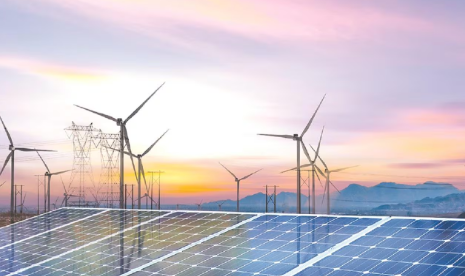
The Union Budget for 2024, presented by Finance Minister Nirmala Sitharaman on 23rd July 2024, strongly emphasises renewable energy. The government has introduced several measures to boost clean energy development, particularly in the solar, wind, and hydropower sectors. These initiatives aim to achieve India's environmental targets, including achieving 500 GW of non-fossil fuel energy capacity by 2030 and ensuring that at least 50% of its electricity requirements are met from renewable sources. The long-term impact of this shift is expected to bring considerable benefits to both the environment and the economy.

At just 21 years old, Garvita Gulhati has already left an indelible mark on the world through her unwavering dedication to water conservation. Hailing from Bengaluru, India, she is the founder of an organization working towards water conservation.